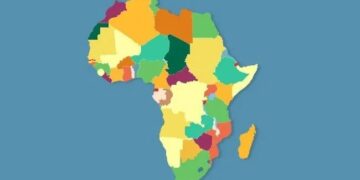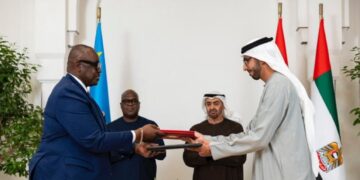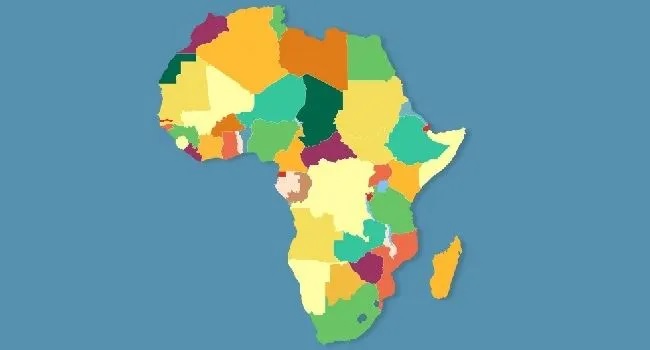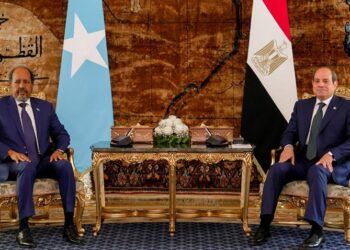UNESCO has added 26 new sites to its prestigious World Heritage List, including four culturally and ecologically significant locations in Africa as well as Australia’s Murujuga Aboriginal lands, a move that reinforces the continent’s growing prominence in global heritage conservation.
The newly designated African sites highlight the continent’s rich cultural and environmental diversity.
Diy Gid Biy Cultural Landscape in Cameroon is a network of 16 archaeological sites across seven villages in the Mandara Mountains bearing witness to the fortified settlements of the Mafa people.
Bijagós Archipelago Omatí Minhô in Guinea Bissau is a biodiverse coastal and marine sanctuary home to unique ecosystems and traditional Bijagós culture.
Southern Malawi Mountain Range is a sacred landscape nurtured by the Yao Mang’anja and Lhomwe communities blending natural beauty with deep spiritual significance.
Gola Tiwai Complex in Sierra Leone comprises the Gola Rainforest National Park and Tiwai Island Wildlife Sanctuary, a transboundary reserve that serves as a critical haven for endangered species.
With these additions, Africa now boasts 112 cultural and natural sites on the World Heritage List. UNESCO also approved the expansion of a South African protected area into Mozambique creating a vast transboundary park spanning 1,545 square miles.
UNESCO Director General Audrey Azoulay emphasized Africa’s rising recognition in global heritage preservation stating “Making Africa a priority is not a symbolic gesture—it’s a concrete, long term commitment.” Since her tenure began, 19 African sites have been inscribed and six endangered landmarks have been saved from destruction.
The designation ensures these sites receive international protection against threats like armed conflict and environmental degradation. UNESCO can grant provisional enhanced protection to shield heritage zones from military use, a crucial safeguard in volatile regions.
The announcement comes shortly after the U S withdrew from UNESCO for the second time under the Trump administration criticizing the organization’s focus on gender equity and climate sustainability. Despite this, UNESCO remains one of the most widely supported UN bodies with 196 member states upholding its mission.
Azoulay stressed the responsibility that comes with World Heritage status “This notoriety means keeping alive, protecting, and promoting these exceptional legacies for future generations.”
Seven more African nations are expected to submit their first nominations by 2027 signaling a growing push to preserve the continent’s irreplaceable heritage. For now, the newly inscribed sites stand as testaments to Africa’s enduring cultural and ecological wealth, finally receiving the global recognition they deserve.




































